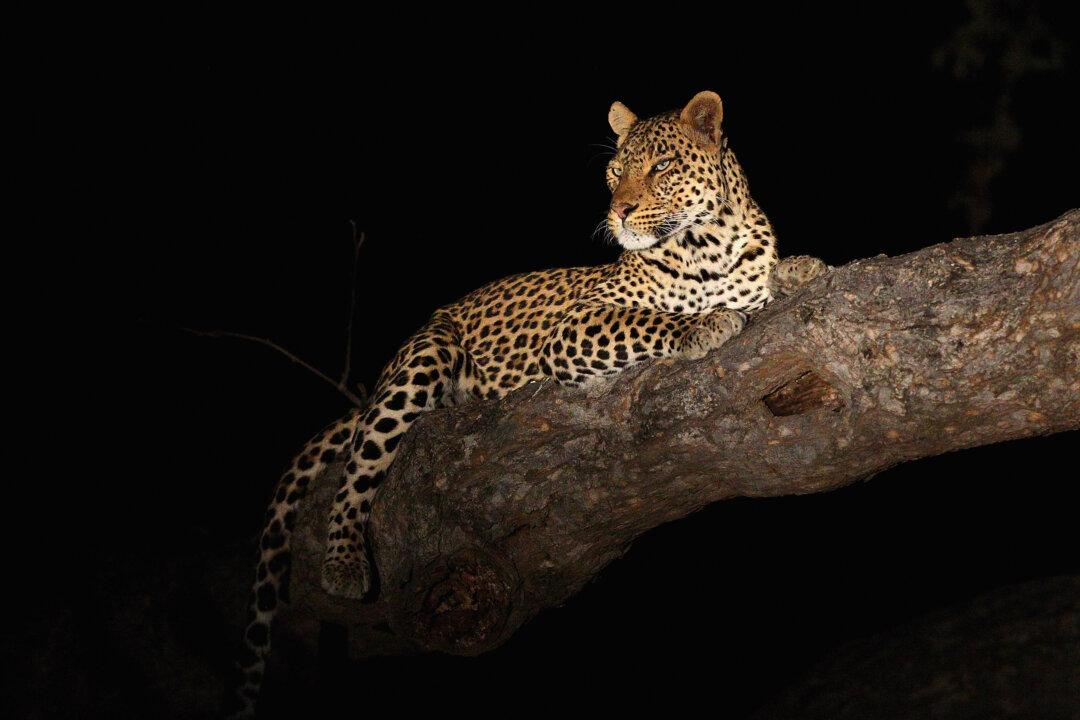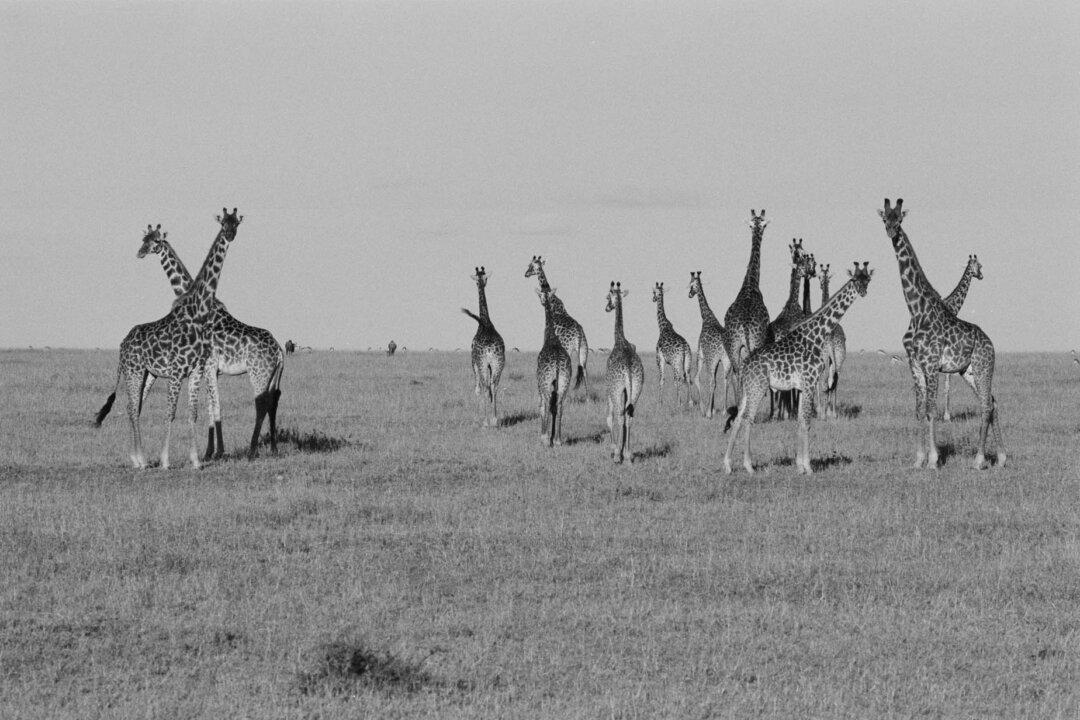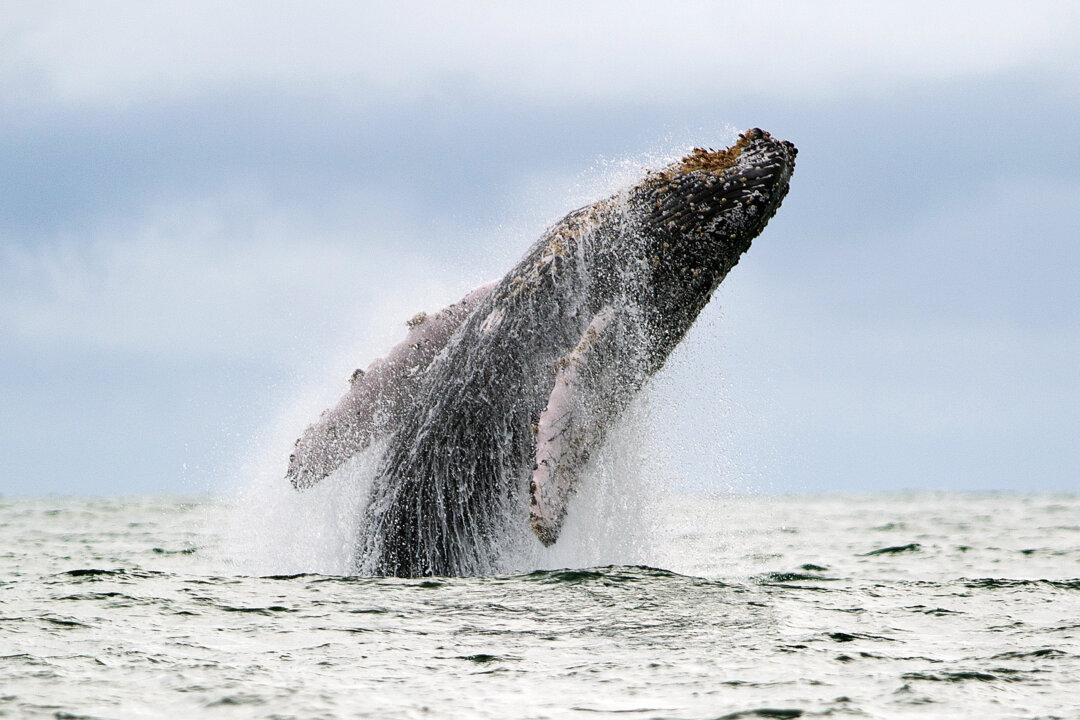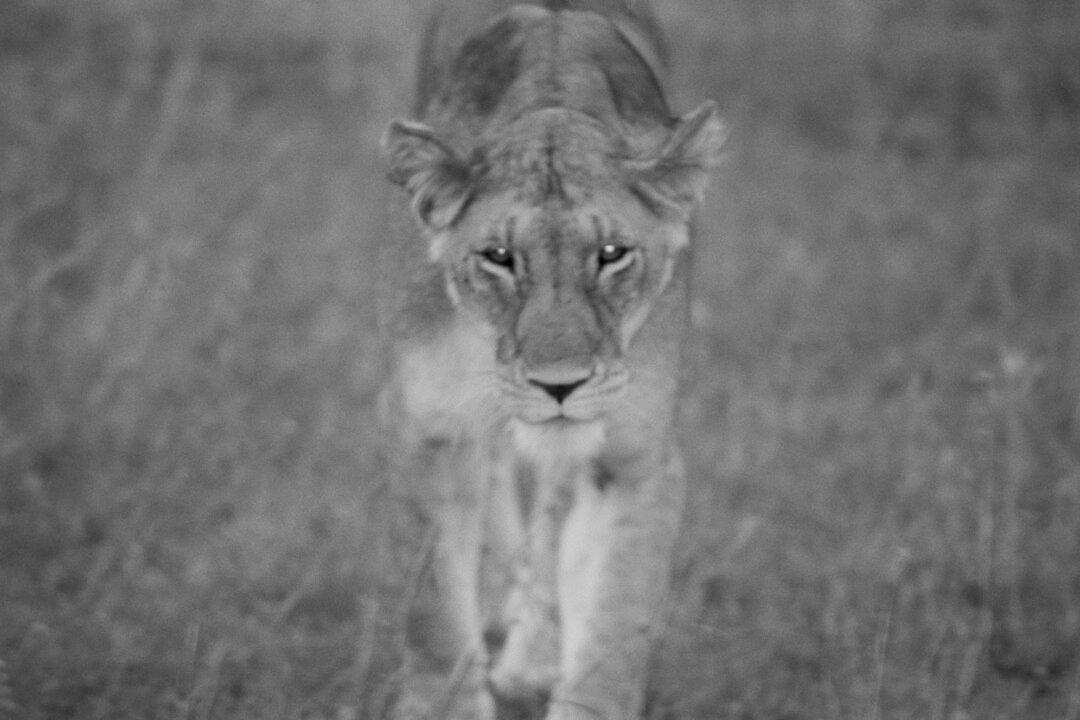One day the absurdity of the almost universal human belief in the slavery of other animals will be palpable. We shall then have discovered our souls and become worthier of sharing this planet with them.
Saving the Great Being of the Elephant
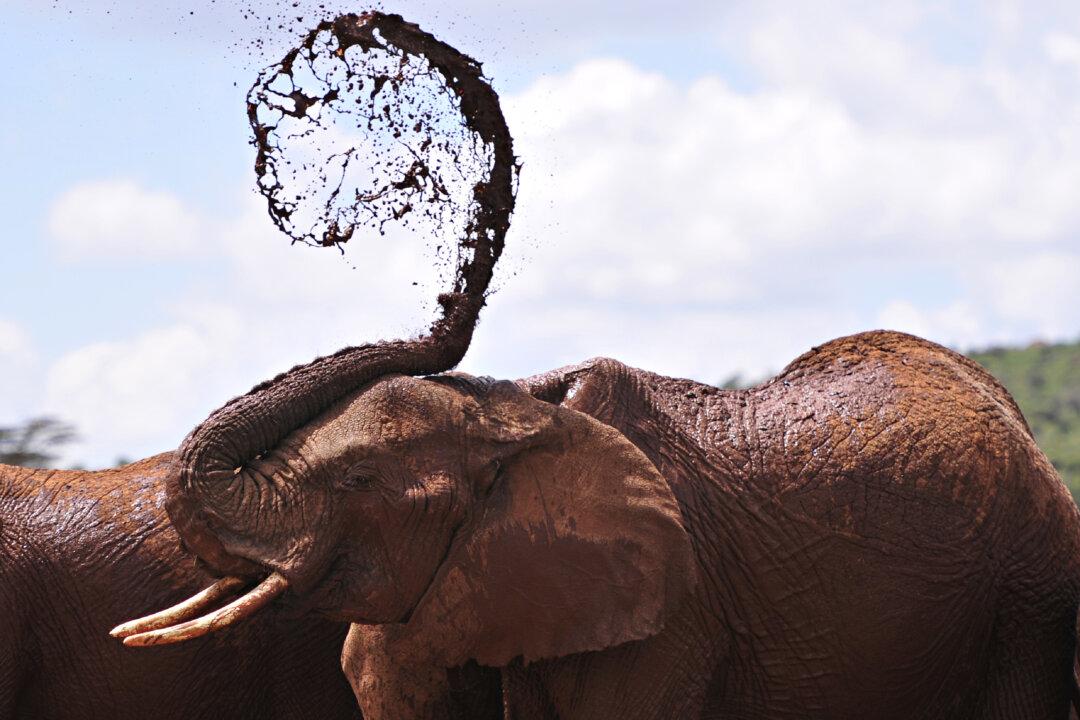
An African elephants throws mud onto himself at the Mpala Research Center and Wildlife Foundation, in Laikipia District, Kenya, on Jan. 31, 2016. SIMON MAINA/AFP/Getty Images
|Updated:
Cyril Christo is an award-winning photographer and filmmaker. He and his wife, Marie Wilkinson, have travelled extensively around the world. They have published several photography books exploring ecological and man-made challenges and endangered bioregions and species. The couple is currently working on a documentary film, “Walking Thunder: The Last Stand of the African Elephant,” which weaves a family’s personal journey in East Africa with indigenous people’s stories.
Author’s Selected Articles
